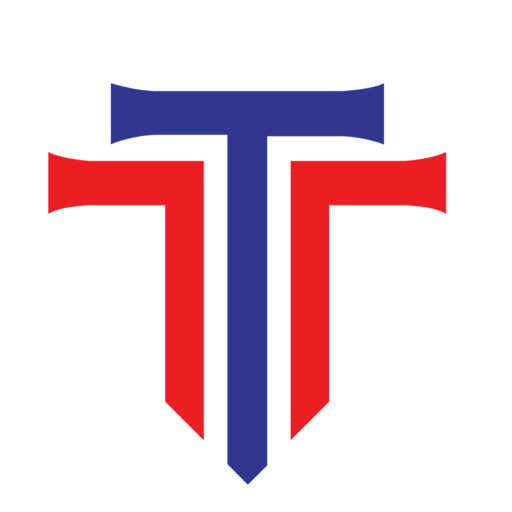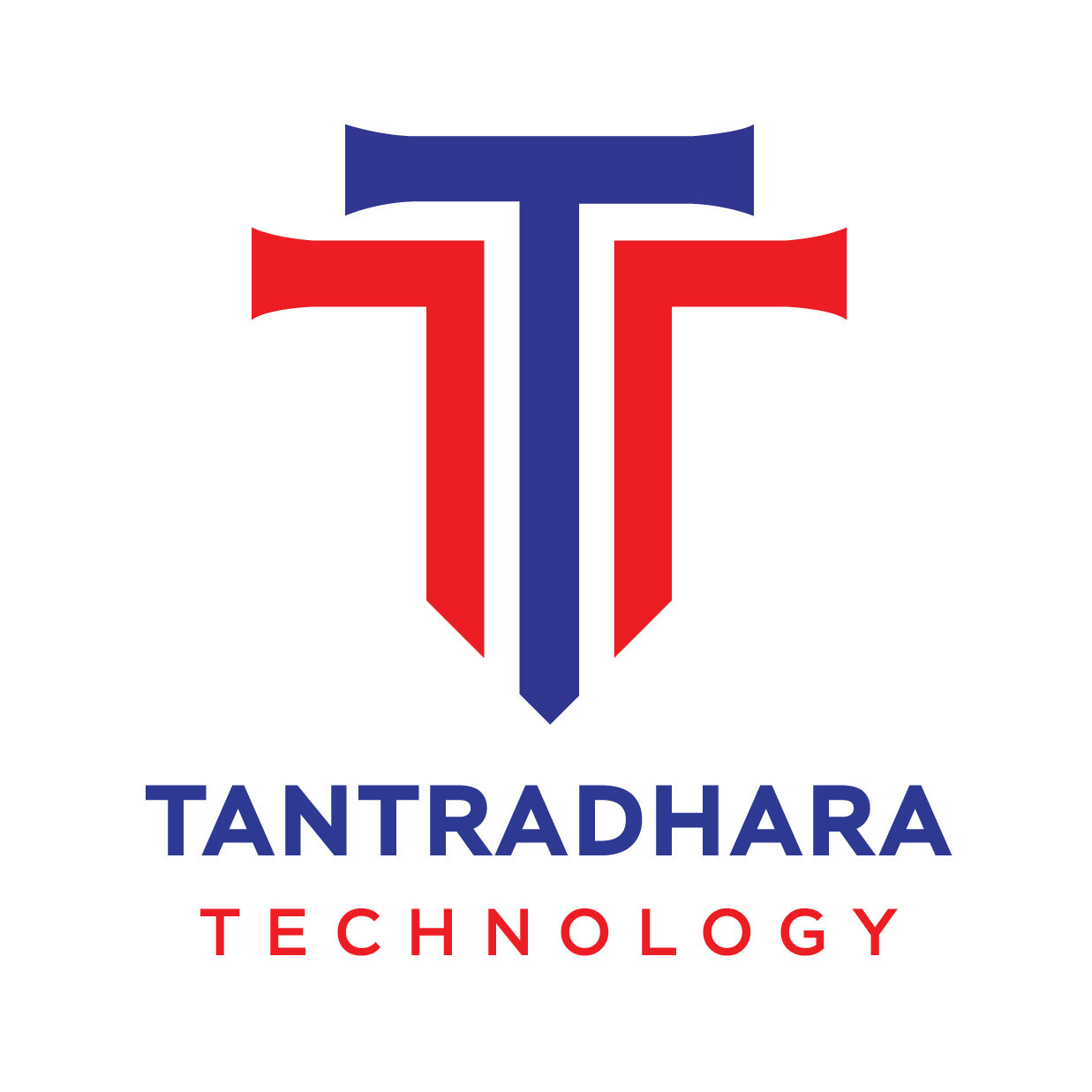
When most people hear the word blockchain, they immediately think of cryptocurrencies like Bitcoin or Ethereum. But blockchain technology is much more than a foundation for digital currencies. Today, it is reshaping the IT landscape and disrupting multiple industries with its transparency, immutability, and decentralization.
In this blog, we’ll explore how blockchain is being applied beyond cryptocurrency, the industries it’s revolutionizing, and how businesses are leveraging it for digital transformation.
What is Blockchain Technology?
At its core, blockchain is a decentralized, distributed ledger that records transactions across multiple systems in a way that ensures data integrity, transparency, and security. Once a record is added to the blockchain, it becomes virtually tamper-proof.
Unlike traditional databases that are controlled by a central authority, blockchain operates on a peer-to-peer network, making it ideal for industries where trust and data security are crucial.
Key Features of Blockchain:
- Decentralization – No single point of control
- Immutability – Records cannot be altered once confirmed
- Transparency – All transactions are visible to authorized parties
- Security – Encrypted and consensus-driven mechanisms
- Automation – Smart contracts for self-executing rules
Blockchain Applications in IT and Beyond Crypto
1. Supply Chain Management
Blockchain enables end-to-end visibility in supply chains. Each stage of the product journey can be recorded and tracked, improving traceability, authenticity, and compliance.
Use case: Walmart and IBM’s blockchain project helps trace the origin of food products within seconds.
2. Healthcare
Blockchain in healthcare enhances patient data security, interoperability, and transparency. Medical records can be securely stored and shared only with authorized professionals, ensuring data privacy.
Use case: MedicalChain and Guardtime are using blockchain to manage electronic health records (EHRs).
3. Finance and Banking
Beyond cryptocurrencies, blockchain helps streamline cross-border payments, reduce fraud, and speed up settlements. Smart contracts are also transforming traditional lending and insurance processes.
Use case: JPMorgan’s Onyx platform and Ripple are using blockchain for real-time global payments.
4. Government and Public Records
Governments are adopting blockchain for secure digital identity management, voting systems, and land record storage to prevent fraud and corruption.
Use case: Estonia uses blockchain to secure citizen data and offer digital public services.
5. Real Estate
Blockchain simplifies property transactions by enabling tokenization of assets, transparent record-keeping, and secure peer-to-peer property deals, reducing the need for intermediaries.
Use case: Propy enables cross-border real estate transactions on blockchain.
6. Intellectual Property and Digital Rights
Artists, musicians, and creators use blockchain to protect copyrights and royalties by recording ownership and usage rights transparently on the ledger.
Use case: Audius and Vezt help musicians manage royalties through blockchain.
7. Cybersecurity and Identity Management
Blockchain’s immutability makes it ideal for securing digital identities and preventing unauthorized access, identity theft, and data manipulation.
Use case: Civic and uPort offer blockchain-based identity verification systems.
8. Energy and Utilities
Blockchain enables peer-to-peer energy trading, efficient billing, and real-time tracking of energy consumption in smart grids.
Use case: Power Ledger allows users to trade surplus solar energy directly.
Why IT Leaders Are Embracing Blockchain
- Data integrity and auditability
- Reduced reliance on intermediaries
- Automation through smart contracts
- Improved trust between stakeholders
- Enhanced security in data management
As IT infrastructure evolves, blockchain is becoming a core enabler of digital trust, driving innovation across sectors.
Challenges in Blockchain Adoption
Despite its promise, blockchain adoption faces challenges such as:
- Scalability issues
- Regulatory uncertainty
- Lack of skilled professionals
- Integration with legacy systems
However, with growing enterprise interest and blockchain-as-a-service (BaaS) solutions from providers like AWS, Microsoft Azure, and IBM, these barriers are gradually being addressed.
Final Thoughts
Blockchain is no longer confined to the world of cryptocurrency. From securing healthcare records to transforming supply chains and revolutionizing digital identity, it is making waves across industries. As businesses move towards decentralized, secure, and transparent ecosystems, blockchain will play an increasingly critical role in shaping the future of IT.
Whether you’re a startup, enterprise, or tech enthusiast, now is the time to explore how blockchain beyond crypto can drive innovation and trust in your domain.



